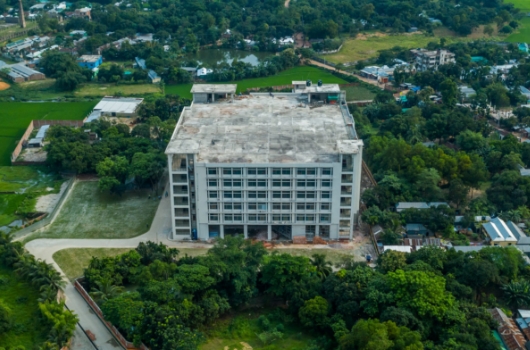Close
 Go Back
Go Back
As Bangladesh continues to emerge as a key player in the global manufacturing and export markets, the importance of developing a green supply chain has never been more critical. The concept of a green supply chain emphasizes sustainability by integrating environmentally friendly practices throughout the entire supply chain, from raw material sourcing to production, distribution, and waste management.
In Bangladesh, the need for a green supply chain is driven by both environmental challenges and market demands. Rapid industrialization has led to significant environmental concerns, including pollution and resource depletion. By adopting green supply chain practices, businesses can minimize their ecological footprint, enhance operational efficiency, and improve compliance with international environmental standards.
Key strategies for developing a green supply chain in Bangladesh include implementing sustainable sourcing practices, optimizing logistics to reduce carbon emissions, and investing in cleaner technologies. Encouraging suppliers to adopt sustainable practices, such as reducing waste and utilizing renewable resources, is essential for creating a holistic approach to sustainability.
Moreover, government policies and initiatives play a crucial role in facilitating green supply chain development. Incentives for adopting eco-friendly technologies and regulations promoting sustainable practices can drive industry-wide change.
In this discussion, we will explore the current state of green supply chain development in Bangladesh, highlighting successful initiatives and case studies from various sectors. By embracing sustainability in their supply chains, businesses in Bangladesh can not only contribute to environmental conservation but also enhance their competitiveness in the global market.